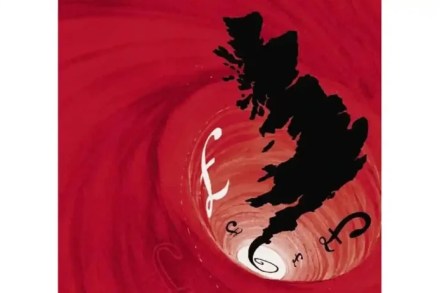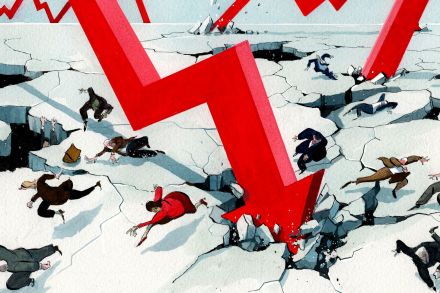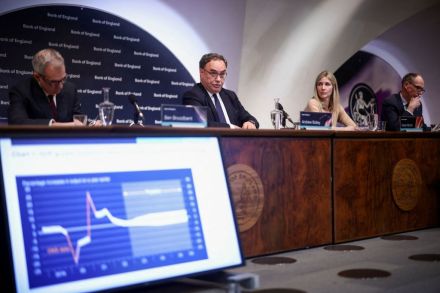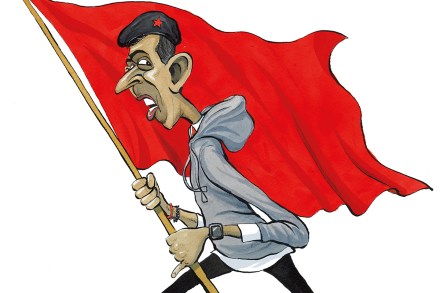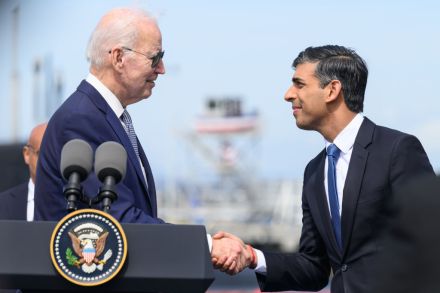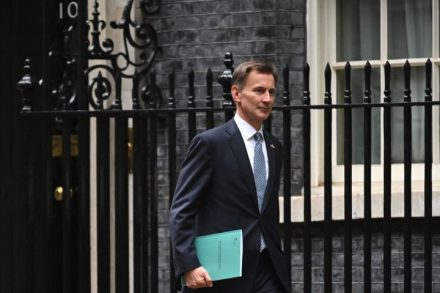Putin is mortgaging Russia’s future to pay for Ukraine
We will wage the war in Ukraine for longer and make you pay more for it. That was the message the Kremlin sent its subjects following the Russian government’s presentation of next year’s budget and the accompanying economic outlook. The budget, which reached parliament for rubber-stamping on Monday, outlines the Kremlin’s vision ahead of the war enterring its fifth year next February: the war will continue at the expense of the economy and people’s incomes. Higher taxes are expected to keep the budget deficit at 1.6 per cent of GDP next year. For three years, rising fiscal spending stimulated both economic growth and climbing incomes. The downside of this amphetamine-fuelled




